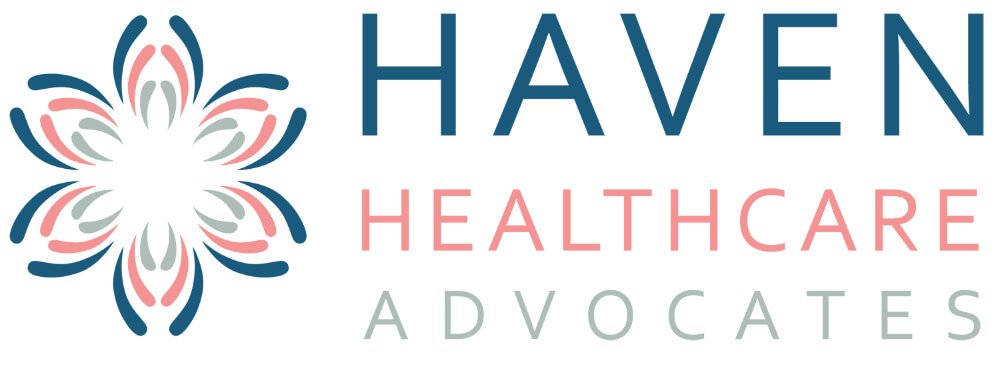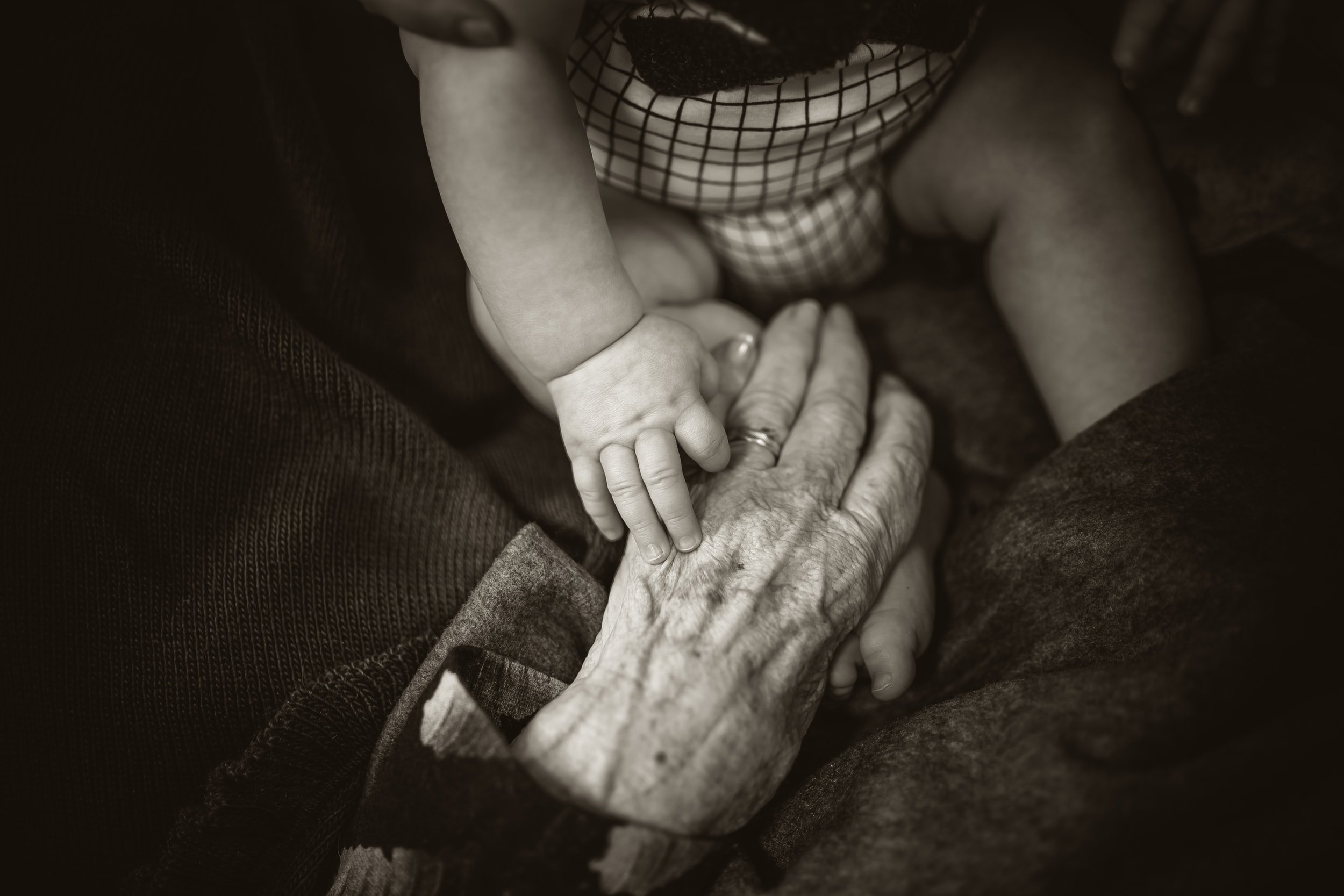Preventing Caregiver Burnout: Essential Strategies for Self-Care
As a caregiver, your dedication and selflessness are invaluable in providing support and care to your loved one. However, it's crucial to remember that your well-being is equally important. Caregiver burnout is a real concern, and it can affect both you and the person you're caring for. In this blog post, we'll explore some essential strategies to prevent caregiver burnout and prioritize your own health and happiness.
Uncovering the Benefits of Medigap Policies: Your Guide to Supplementing Medicare
Medicare provides essential healthcare coverage for millions of older adults and individuals with disabilities in the United States. However, even with its comprehensive services, there are gaps in coverage that can leave beneficiaries facing significant out-of-pocket expenses. This is where Medigap policies come into play, offering peace of mind and financial security. In this blog post, we'll delve into the world of Medigap policies, shedding light on what they are, how they work, and why you might want to consider one.
Demystifying Healthcare Choices: Medicare vs. Medicare Advantage Plans
When it comes to healthcare coverage for older adults and those with disabilities in the United States, Medicare is a program that often takes center stage. But did you know that within the realm of Medicare, there are two distinct options to consider: Original Medicare and Medicare Advantage plans? In this blog post, we'll explore the key differences between these two healthcare pathways to help you make an informed decision about your coverage.
Understanding Your Medication: Your Path to Better Health
In our modern world, medications have revolutionized healthcare and have undoubtedly saved countless lives. From antibiotics to manage infections, to chronic disease medications that help us maintain a good quality of life, pharmaceuticals play a critical role in our well-being. However, simply being prescribed medication isn't enough. To truly benefit from your treatment, understanding your medications is paramount. In this blog post, we'll explore the importance of comprehending the medications you take and how it can significantly impact your health and overall quality of life.
Overwhelmed with Healthcare
Healthcare is a vast and complex field, which can sometimes lead to feelings of being overwhelmed. It can consume a considerable amount of time, especially when dealing with chronic or serious health conditions. Furthermore, the fear of the unknown, coupled with the stress of navigating a labyrinth of medical jargon and procedures, can make the experience incredibly daunting. This blog post aims to provide some insight into how we can help you navigate this field with less stress, less time consumption, and less fear.
October-Health Literacy Month
October is Health Literacy Month. Health literacy might not be a term that everyone is familiar with, but it is a crucial concept that impacts our health and wellbeing on a daily basis. In this post, we'll explore what health literacy is, why it's important, and how it can empower us on our path to wellness.
What is Health Literacy?
Health literacy is the ability to obtain, read, understand, and use healthcare information to make appropriate health decisions and follow instructions for treatment. It’s about being able to navigate the complex world of health care, understand medical terms, make sense of health statistics, and be an active participant in one’s own health and wellness journey.
How to Help Assure a Safe Hospital Discharge
According to the Agency for Healthcare Research and Quality (AHRQ) approximately 20% of patients experience adverse events in the first 3 weeks after discharge, with 61% of those events regarded as preventable or avoidable.
I recently had a client that experienced numerous hospitalizations in a short period of time. I have been working with this client for over a year. I know her health history, I know her providers, and I know her current medications. This hospital recently migrated their electronic health records which could have been a contributing factor, but had it not been for a watchful eye, this client could have experienced serious consequences due to not one, but several, unsafe hospital discharges.
How can you help assure you or loved one has a safe discharge?
Medical Gaslighting: What Is It and What Can You Do About It?
The term “medical gaslighting” has also been gaining interest. Medical gaslighting is a term used to describe when a health care professional dismisses, invalidates or belittles a patient’s concerns or symptoms. While anyone can fall victim, it tends to be more prominent in women. For example, research suggests women are 50 percent more likely to be misdiagnosed after a heart attack and 33 percent more likely to have a wrong diagnosis after a stroke. Another study compared the medical outcomes of men and women who came to emergency rooms for stomach pain and found that women were 33% more likely to wait longer than men and receive less pain relief medication despite having similar symptoms.
Going Beyond Pumpkin Spice Latte and Pink Ribbons
When you think of October what comes to mind? Pumpkins, corn mazes, ghosts, goblins and who can forget the much-anticipated pumpkin spice latte? Now, narrow it down and think about healthcare and the month of October. What comes to mind now? Pink ribbons, 5K’s in pink tutus, and mammograms- so important for us ladies. If you haven’t already, get out there and schedule your mammogram. Trust me, it really isn’t that bad.
But did you also know October is National Health Literacy month?
Having an Advocate During a Natural Disaster
Heartfelt thoughts go out to all affected by the devastation caused by Hurricane Ian.
Now that the storm has passed and we are seeing the devastation, I worry most about the seniors who, with limited notice, limited resources and limited family or loved ones, had no choice but to try and ride out the storm. Florida has the highest percentage of seniors. The average age in Naples, Florida is 65.4 years old. Nationwide 1 in 5 seniors live alone.
What about those who were alone and either did not have anyone to check on them, or did not have anyone who could get to them in time to help? I always say it is important for everyone to have a healthcare advocate, whether family, friend or professional and Hurricane Ian proved that once again.
Here are two examples where a healthcare advocate could prove helpful in a natural disaster:
September is Sepsis Awareness Month
What is sepsis?
The CDC defines sepsis as: the body’s extreme response to an infection. It is a life-threatening medical emergency. Sepsis happens when an infection you already have triggers a chain reaction throughout your body. Without timely treatment, sepsis can rapidly lead to tissue damage, organ failure, and death. Sepsis is not the infection itself; rather it is the body’s response to an infection that damages its own tissues. Bacterial infections are the most common cause of sepsis, but viral infections such as Covid and pneumonia can lead to sepsis as well. You can’t “catch sepsis” as Sepsis is not a contagious disease. However, if the infection that caused the sepsis is contagious you can pass along the root infection.
Wow, That Discharge Went from Bad to Worse
As a bedside nurse, one of the most rewarding, yet often the most frustrating aspects was always discharges. Let’s face it, when someone is admitted to the hospital, they are leaving one way or another. It makes sense then that discharge planning should start at admission. I would venture to say that most, if not all, hospitals preach this practice. Most hospitals have case managers or discharge coordinators that work diligently to try and make this happen. However, what I have observed is that families are still not prepared. They do not understand discharge instructions, what services will be needed once at home or the next facility and what medical follow-ups they will need and must schedule. Medications are often not in order, or understood.
How to Support your “Sandwich Generation” Employees
An estimated one in seven Americans between the ages of 40 and 60 are caring for both their children and their parents. According to a Harvard Business School study, 73 percent of employees in the United States are caring for a child, parent, or friend. The study found that 80 percent of employees surveyed admitted that caregiving affected productivity at work and 32 percent of employees left a job because of their caregiving duties. Another study found that employee caregivers miss about 12 hours of work a month because of caregiving responsibilities.
Healthcare and the Sandwich Generation
Sandwich generation was first coined in 1981 and is used to describe caregivers sandwiched between generations. One of every eight people between the ages of 40 and 60 in this country is caring for a parent and a child. Twenty-two million people are part of the sandwich generation with that number expected to grow exponentially in the coming years.
Saying Goodbye
My next blog post was supposed to be about one of my favorite octogenarian clients who had the most amazing spirit. To know her was to love her. I could, and did, sit for hours with her. She never failed to put a smile on my face; her vibrant personality, her wit and her tenacity were contagious.
Instead, I am going to tell you about saying goodbye to Ms. Janice.
A Month of Giving Thanks
Mr. R is a current client and like all my clients I am thankful he chose me to be his patient advocate. I am not only thankful Mr. R is my client, but I am also thankful for the sacrifice Mr. R gave to our country.
Mr. R was a young coast guard serviceman when 9-11 hit. He spent the first 38 days at ground zero. He then went on to become a New York City Fire Fighter and continued to give to his community until his retirement.
A Month of Giving Thanks
I feel like I say this every year at this time, but it is December, and it is hard to believe the year is almost over. December is also the month Haven Healthcare Advocates launched. I am so proud of the work we have done and the families we have helped. For the next couple of weeks, I would like to take some time to highlight several of our clients from this past year. While I am thankful for each and every one of our clients that gave us the opportunity to advocate on their behalf, I also want to share these stories in hopes that their experience may help another family.
Thank You, I Feel Better Already.
As an independent healthcare advocate what do I hear most often from new clients and families? “Thank you, I feel better already just knowing someone is on my side.”




















